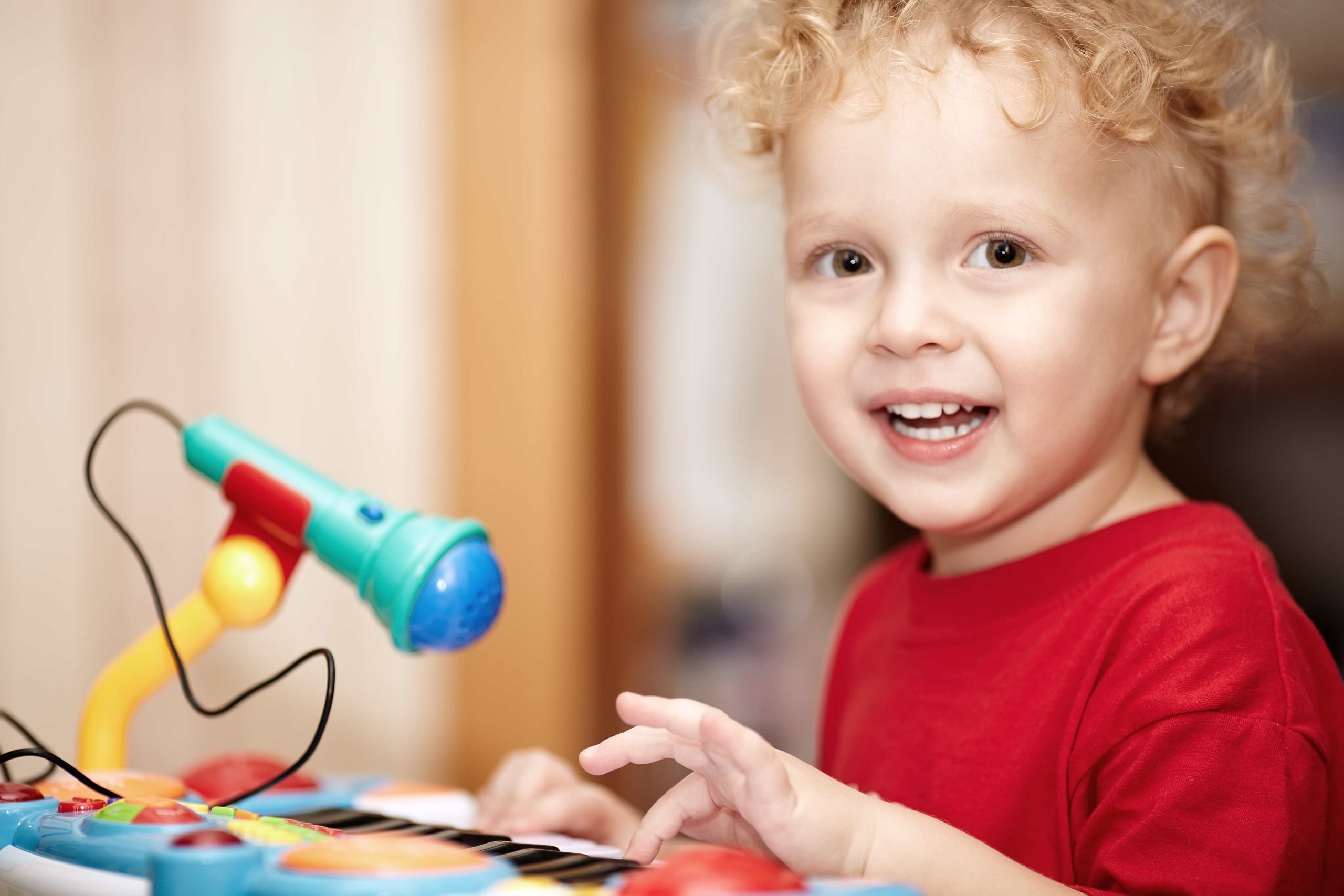
The Enchantment of Preschoolers’ Music Schools: Cultivating Creativity and Talent
Music holds a timeless position in human culture, profoundly shaping cognitive development. Introducing preschoolers to music schools unveils their innate talents, fostering a lifelong love for music. This article explores the transformative power of preschoolers’ music schools.
Understanding Preschoolers’ Music Schools
Catering to children aged three to five, preschoolers’ music schools offer a variety of classes, including singing, dancing, and playing instruments. Staffed by skilled educators, these schools employ age-appropriate methods to engage young learners and nurture their musical abilities.
The Advantages of Preschoolers’ Music Schools
Preschoolers’ music schools offer myriad benefits, spanning cognitive, emotional, social, creative, and cultural development. Through music, children improve memory, express emotions, develop social skills, nurture creativity, and embrace cultural diversity.
Choosing the Right Preschoolers’ Music School
Selecting the ideal music school requires thorough research, visits to prospective schools, evaluation of curricula, assessment of teachers, and consideration of logistical factors such as location and cost.
Tips for Parents of Preschoolers in Music Schools
Parents play a crucial role in supporting their children’s musical journey. Encouraging regular practice, enjoying music together, attending performances, offering positive reinforcement, and creating a joyful learning environment are essential steps.
The Evolution of Preschoolers’ Music Schools
Despite challenges posed by the COVID-19 pandemic, preschoolers’ music schools have adapted by embracing online teaching and leveraging technology. As parental awareness of music’s benefits grows, the demand for such programs is expected to rise, fostering further innovation and expansion.
Benefits of Music Education for Preschoolers
Music education provides numerous cognitive, emotional, motor, cultural, academic, and lifelong benefits for preschoolers, making it a valuable investment in their overall development.
Tips for Choosing a Preschool Music School
When selecting a preschool music school, parents should consider factors such as reputation, location, curriculum, teacher qualifications, performance opportunities, and cost to ensure a rewarding educational experience for their child.
Supporting Your Preschooler’s Music Education at Home
Parents can enhance their child’s music education by incorporating music into daily activities, listening to music together, singing songs, playing musical games, attending live performances, and serving as positive role models.
Establishing a Preschool Music Program in Your Community
Passionate individuals can establish preschool music programs by researching existing programs, securing funding, recruiting qualified teachers, developing curricula, finding suitable spaces, and promoting programs to attract participants.
The Significance of Preschool Music Education
Preschool music education promotes cognitive, emotional, social, and creative development, fostering self-esteem, confidence, and imagination while instilling a lifelong appreciation for music.


